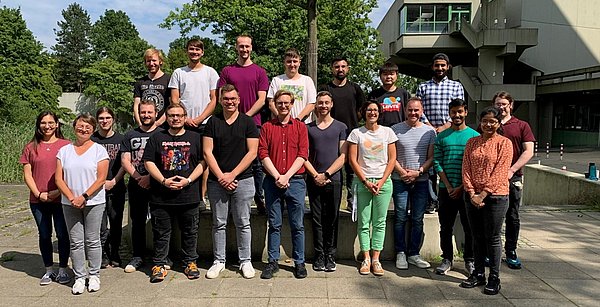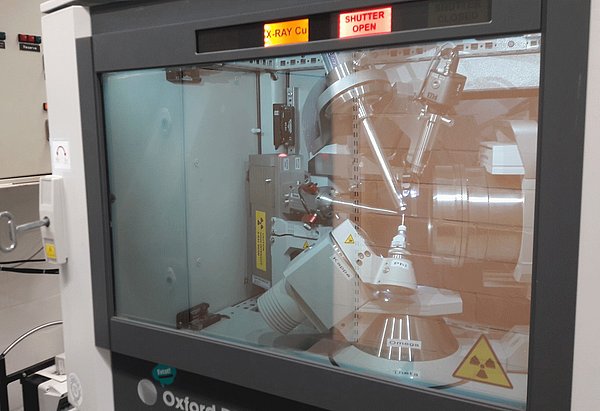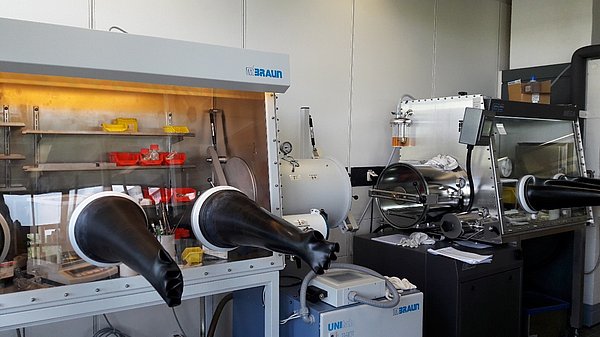
Däschlein-Gessner Group
Optimization of phosphines for palladium catalyzed coupling reactions

About the topic:
Phosphines are ubiquitously used as ligands in palladium catalyzed coupling reactions. In particular, electron-rich phosphines have shown to be beneficial in this application due to their ability to accelerate the often rate-limiting oxidative addition. We have recently introduced the family of ylide-substituted phosphines, which owing to their strong donor ability perform excellently in many transformations with strong nucleophiles. However, difficulties were experienced with weak nucleophiles, with which transmetallation often becomes the slowest step within the catalytic cycle. This requires further tuning of the ligand design as well as reaction conditions such as the solvent and additional additives.
What they are looking for in students:
We are looking for students either interested in
a) the synthesis and application of new phosphine-based catalysts (requires experience in lab work including the handling of air-sensitive compounds and their characterization)
or
b) the in silico design of catalysts using predictions based on machine learning techniques (requires knowledge in DFT studies and programming (python))


HOW To Apply
Apply here
For your application, you will need to upload your:
- Research proposal (1 page)
- CV with contact details and affiliation (max. 2 pages)
- Letter of motivation related to Solvation Science (1 page)
- Diploma of your finished education level (Bachelor or Master) and Transcript. Please don't send a transcript of the middle of the course.
Prerequisites: Current Master's and PhD students in the fields of Natural Sciences, Medical Sciences, or related topics of Engineering
The program officially closed. The new start date will be announced at the end of Summer 2025.
Download
Factsheet
Win A research Stay
Subject: conduct your research proposal
Duration: 3 months
Location: Bochum, Germany and local Ruhr RESOLV partner institutions
Language of instruction: English
Costs: RESOLV sponsors travel and a monthly stipend
Period research stay: before August 2025
